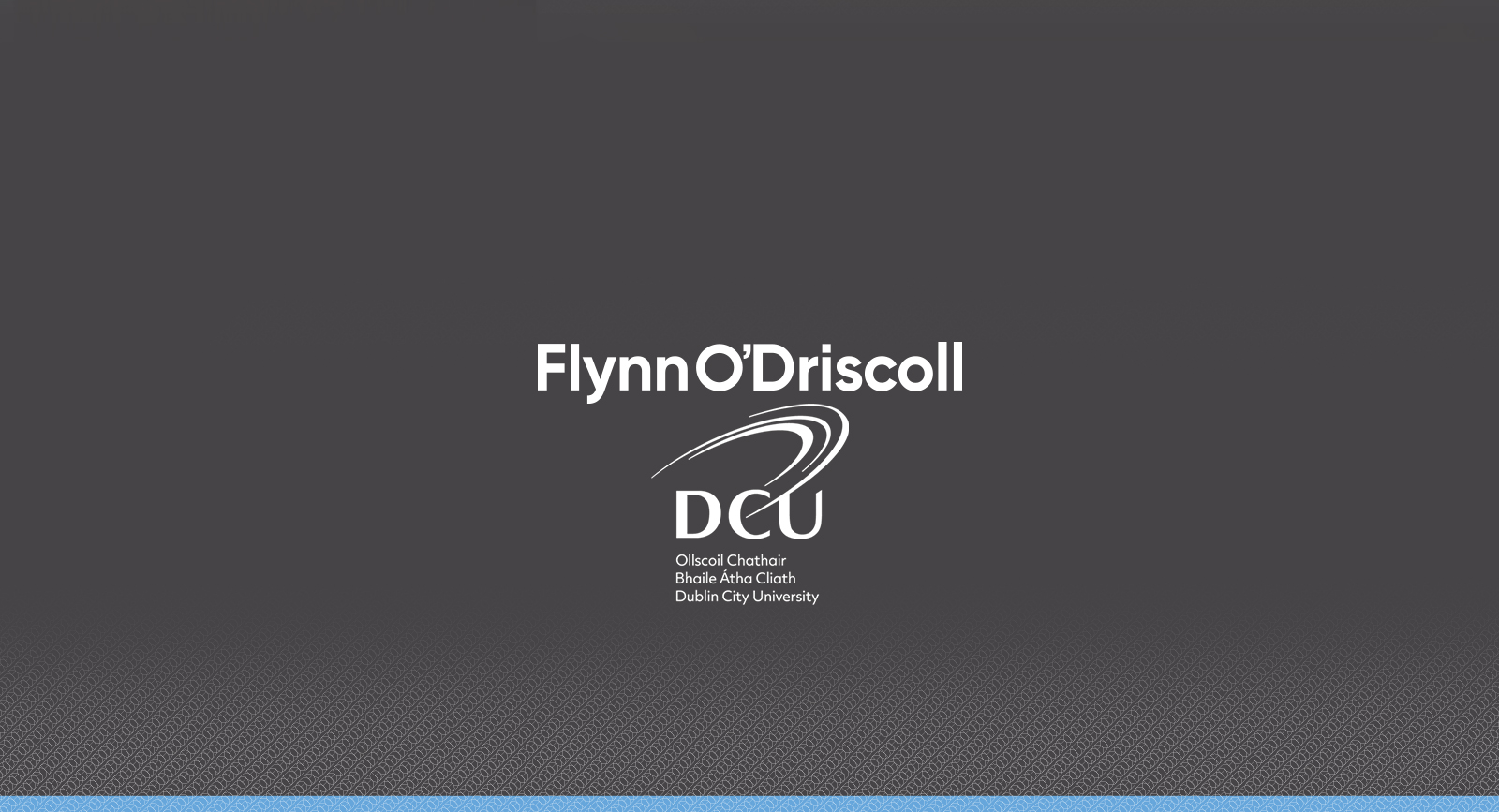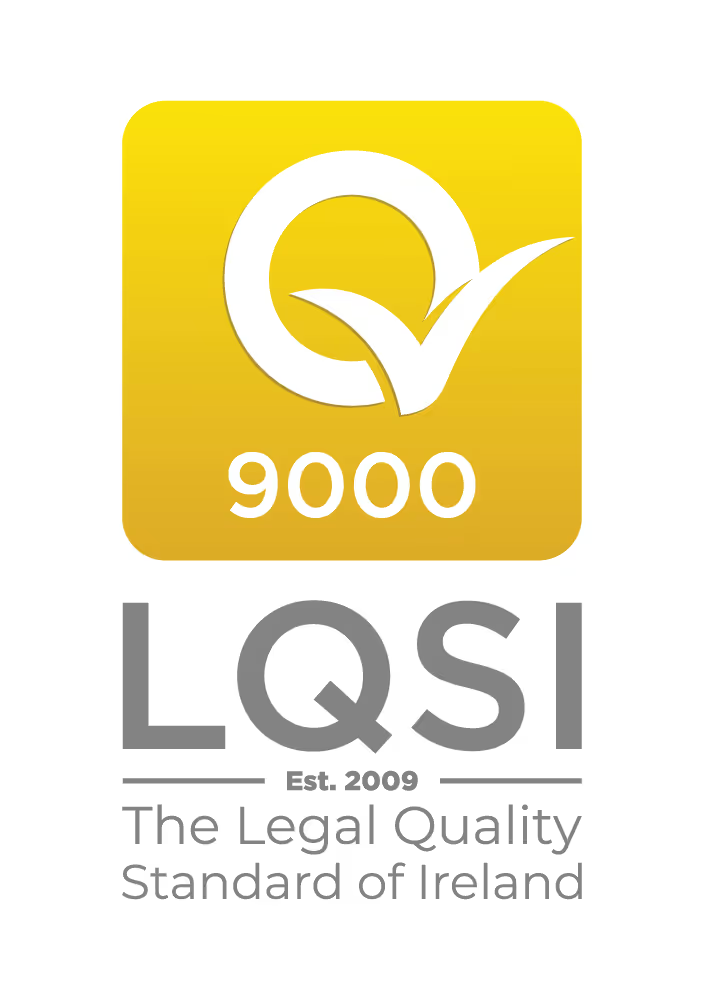Introduction
The Irish Department of Transport has recently published the Renewable Transport Fuel Policy 2025 – 2027. The policy aims to assist in Ireland meeting its wider Climate Action Plan targets and its EU requirements under the European Union Renewable Energy Directive by increasing the use of renewable fuels and lowering emissions across the transport sector in Ireland. The policy contains nineteen specific actions to be implemented between 2025 and 2027, with the aim of achieving this outcome. Businesses in this sphere will see new legislation being introduced and a review of existing legislation in this area according to the policy actions.
Primary Focus of the Policy
The policy, similar to the previous policy issued for the 2023 – 2025 period, is implemented through the Renewable Transport Fuel Obligation (the “RTFO”) under Part 5A of the National Oil Reserves Agency Act 2007, which requires suppliers of road transport fuels to ensure a target percentage of the fuel they provide to the market in Ireland to be produced from renewable sources. The targets set in the previous policy have been updated and will increase each year with the intention of accelerating Ireland’s move to greener transport. While the policy acknowledges that moving towards electric vehicles is a focus for the government in terms of meeting its transport climate targets, the policy seeks to address the existing use of petrol and diesel in ground transport. This is achieved through the blending of renewable fuel with existing fossil fuels, reducing the emissions from existing transport methods within Ireland. This means there will be an increasing requirement for Irish fuel providers to increase their renewable sources of fuel to meet the increasing targets.
Minister for Transport Darragh O’Brien said on the launch of the policy:
“While we continue to focus on embedding electrification, public transport and active travel measures, reducing our historic reliance on imported fossil fuel in transport and switching to alternative fuels and technologies will be essential to decarbonise transport. This renewed Policy will also provide more certainty to economic operators and stakeholders, who are key to the delivery of emission reduction targets in the transport sector.”
Certificates from the RTFO administered by the National Oil Reserves Agency are already being issued for renewable transport fuel being placed on the market, however the policy allows for the consideration and review of awarding additional certificates aimed to incentivise the use and supply of certain renewable fuels.
Expanding the scope beyond ground transport
While the primary focus of the policy is petrol and diesel fuelled transport, the policy seeks to expand its scope into rail transport fuels and both the maritime and the aviation industries. The policy sets a roadmap to incentivise the use of a diverse range of renewable fuels and by 2027 to require the use of more advanced biofuels and renewable fuels of non-biological origin. One way in which the policy aims to do so is by providing for the establishment of the ‘Hydrogen in Transport End-Use Working Group’ this year, to explore and advance the use and development of green hydrogen in Irish road transport, the aviation and maritime sectors. This demonstrates the clear intention of the policy to broaden the use of renewable fuel across the transport sector.
The policy demonstrates and compliments the overall aim of the Irish Government to meet its climate targets for transport as set out in the broader government Climate Action Plan.








